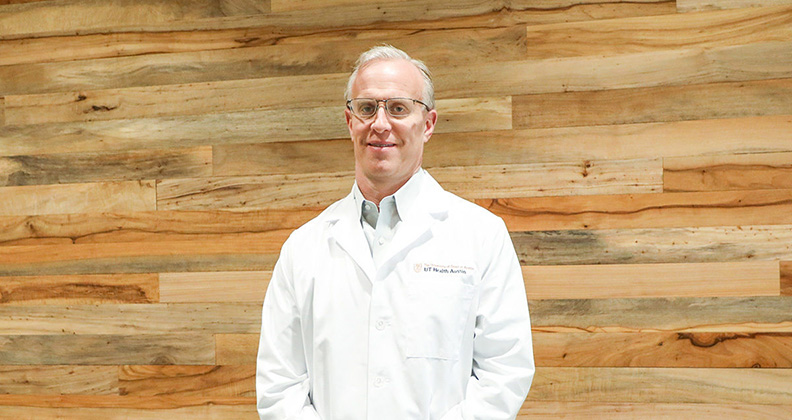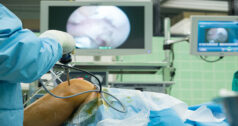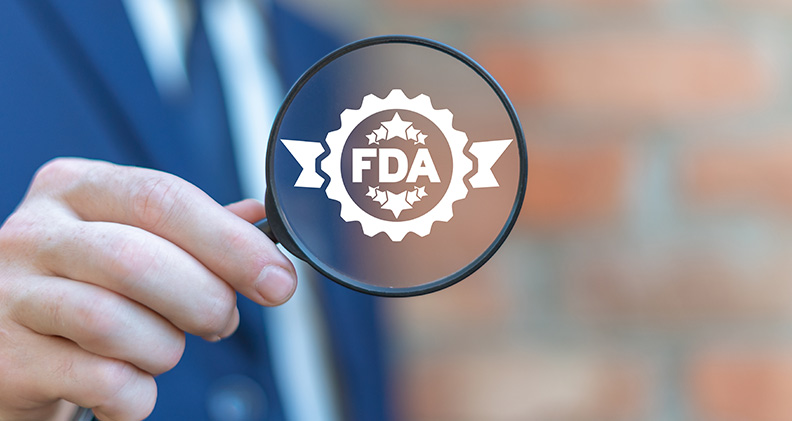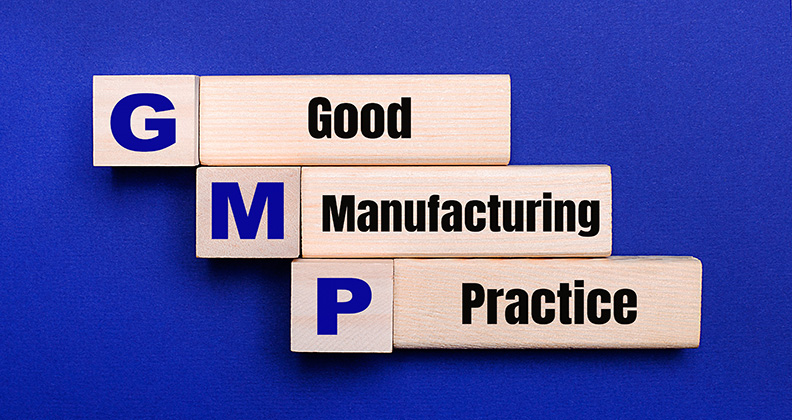In 2017, Elos Medtech launched a new vision and reaffirmed its commitment as a supplier to the global orthopaedic industry. Leadership emphasized its intent to develop cross-site relationships and further build out capabilities and capacity. To support this charge, Elos Medtech named Jodie Gilmore as its Orthopaedic Business Director. She leads the company’s global orthopaedic efforts while maintaining her role as Managing Director of Elos Medtech Onyx.
We spoke with Ms. Gilmore about what this strategy means for the company, and how Elos Medtech plans to leverage the strengths of its other divisions. The company currently manufactures from facilities in China, Europe and the U.S. and derives ~30% of its revenue from orthopaedics.
Elos Medtech’s strategy includes growth of its presence in the global orthopaedic market. What steps did you take to execute on that strategy in 2017? What can we expect in the next two years?
Gilmore: We launched a new vision and mission in a concept called Our Way. In doing that, we aim to clarify our role in the market for medical devices and identify ways that we will create sustainable partnerships. Shared values, group-wide objectives and a revised five-year plan create clear priorities and set a framework for execution in both the short and long term. We have a strong commitment from the board and shareowners. Looking ahead, our intention is clear—we will focus, invest and grow. Specifically, we will invest more than $7 million in 2018 and 2019 to expand our U.S. facility—nearly doubling our current manufacturing space—and add new equipment and headcount to increase capacity specifically in support of the orthopaedic market.
What differences do you see in the needs of international companies vs. U.S. companies vs. European companies? How are you able to respond to those needs?
Gilmore: Our customer base predominantly serves the global market; we don’t see a clear distinction in their needs between sites located in various regions of the globe. Most companies want to build a relationship with a partner that can meet the rigorous quality demands of our industry, has outstanding technical expertise and offers a responsive working relationship, which allows the supplier to become a trusted extension of their own business. They want a solution partner that can meet their global demands and provide local service. Ultimately, this is completely a relationship business—customers need to know that they can count on you and that you will be able to do what is needed. I like to say, “Large enough to serve, but small enough to care.”
Elos Medtech serves dental, diagnostics and other medical markets. From these, what strengths has Elos carried over to its orthopaedic manufacturing and services?
Gilmore: Our Dental group has a strong R&D team and a long history of developing innovative products that meet the needs of customers, and can be leveraged within their own portfolio of products. One example is the Elos Accurate Torque Wrench Kit, which is one of the most widely-used dental instruments in the world. It measures the correct torque value when permanently installing the prosthetic construction. Another example is a surface technology developed by our team to accelerate the process of osseointegration for implants with smooth surfaces. The titanium oxide-based PVD coating releases small amounts of Strontium, a bone stimulating element. This release does not compromise the stability of the coating and hence, the integrity of the deposited surface coating is maintained throughout the lifetime of the implant. In other medical markets, Elos Medtech is providing sterile-pack, single-use kits to perform minimally invasive gamma knife surgery. We have all of the processes in-house to produce the metal components, which are then paired with injection overmolded components in a clean environment and are fully sterile packed. These are just a few examples of value added offerings that we are actively working to leverage for the benefit of our orthopaedic customers.
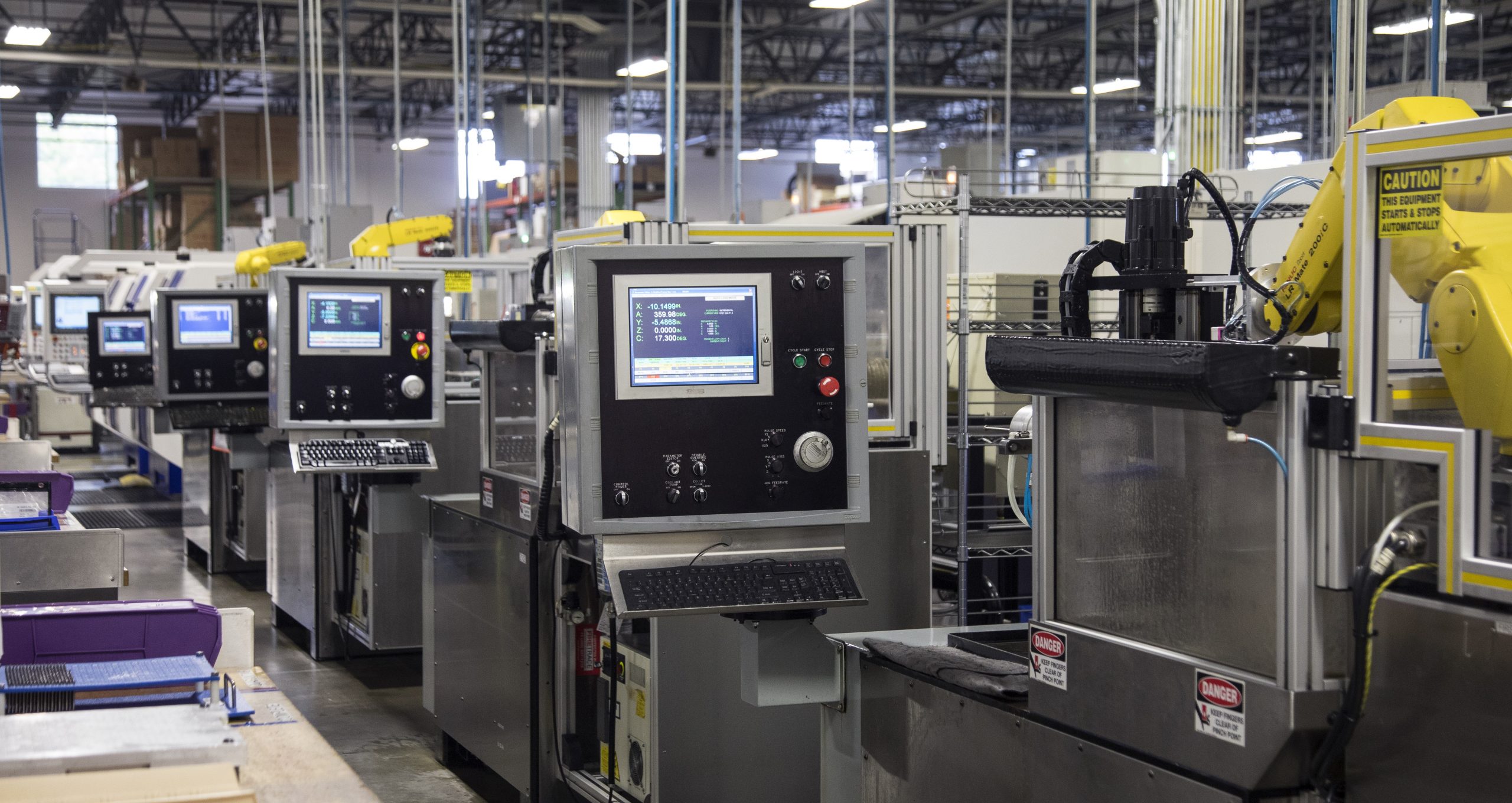
Elos Medtech is investing more than $7 million in 2018 and 2019 to expand the company’s U.S. facility, nearly doubling its current manufacturing space. In addition, the company plans to add new equipment and personnel to increase capacity specifically in support of the orthopaedic market.
One of your focus areas is “Operational Excellence and Continuous Improvements.” Can you provide specific examples for what that means in practice?
Gilmore: We have been working with continuous improvements for years, and it has increasingly become a natural part of our daily work. To formalize and further advance these efforts, we made Operational Excellence one of the four critical focus areas within our strategic plan. Continuously building that culture is not just about machines and capacity, but about fully engaging our largest asset—our people—to help us innovate from the inside. Each site will advance their knowledge and use of lean tools, assign lean champions and engage with lean experts as they further their journey. With the focus on Operational Excellence, we defined key areas that are important for us to achieve, like increasing our level of automation, creating demand-driven production and strategic competence development. On the automation front, we designed and built a modular and automated packaging line for our dental implants. With 300 different kinds of packaging, we couldn’t buy one machine that could pack the variations of products we handle. Our technical team in Denmark developed and programmed the entire system from its first line of code to full automation of our assembly, packaging and validation processes. Now we’re working to expand automation capabilities beyond packaging.
In general, what orthopaedic industry trends are you closely following?
Gilmore: We see many companies continuing to expand computer-aided and robotically-enabled surgery, and an increasing trend toward disposable products and sterile, single-use kits. We also envision more explorations of products with metal combined with plastic overmolding. The common theme here that supports our business plan is that despite the advances in our industry and potential changes in surgical planning and instrumentation, surgeons will ultimately still need products that cut, pierce or fixate bone. In many cases, these will be designated as single-use items. These trends directly support our primary product offerings and plans for continued growth.

